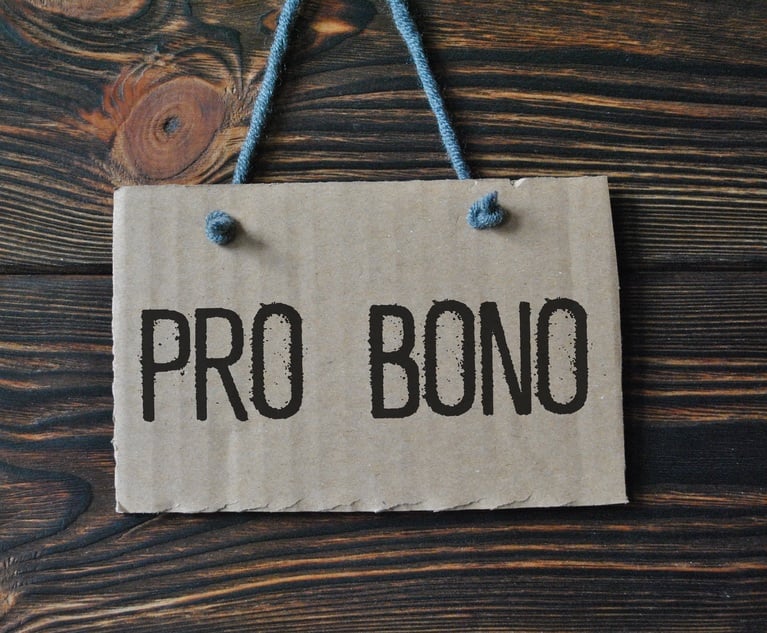Modern personal jurisdiction law dates from the landmark 1945 International Shoe Co. v. Washington case. There, the Supreme Court held that an out-of-state party may be subject to the jurisdiction of a state court only if it has “minimum contacts” with that state. Plaintiff must demonstrate that the out-of-state defendant has been fairly treated under traditional concepts of fair play and substantial justice.
The 1980 World Wide Volkswagen Corp. v. Woodson case, a 6-3 majority opinion written by Justice Byron White, was the next major case to discuss the rationale for use in deciding the personal jurisdiction issue. World Wide arose out of an automobile accident in Oklahoma. A Ford Torino rear ended plaintiffs’ Audi and, although the impact of the collision caused no injuries, occupants of the Audi were severely burned when their doors jammed and a puncture of the Audi gas tank caused a fire. Plaintiffs brought a product liability action in the state court of Oklahoma against New York distributors and sellers of the Audi. Those defendants, on motion for dismissal, claimed that if Oklahoma exercised in personam jurisdiction over them, on the basis of the minimum contacts rule, it would offend accepted concepts of fair play and substantial justice under the Due Process Clause of the United States Constitution.







